21st century learning skills amassed through gaming: Spotlight on collaboration
Studies reveal that gaming helps develop life skills such as critical thinking, decision-making and risk-taking ability, communication, and a collaborative mindset that’s crucial to overcoming challenges, whether in the virtual or the real world.
From an educator’s perspective, research and development emphatically shows that the four crucial survival skills for the present and future are Communication, Critical Thinking, Creativity and Collaboration, the latter a real “game-changer” (no pun intended) when we analyse the impact of Covid19.
Many progressive nations with public and private schools that constitute their educational landscape incorporate “gaming” or some form of gamification for its obvious advantages, and the big four that I mentioned earlier contribute heavily as validations. Of course, when I say this, I must remind everyone that the balance and moderation is a key but this “gaming platform” for learning, recreation or perhaps even a career choice must be respected for its inherent strengths.
For me personally, the collaborative aspect of gaming holds a special significance.
As workplaces, schools continue to operate remotely for many parts of India, I dare say, in the future work spaces may be transformed into a blended format forever and we may need to understand the importance of honing this skill. To be successful then, one would require clear communication and coordination between inter-disciplinary teams, which, if you think about it, boils down to collaboration.
Gaming, not simply restricted to the “mental” but also “physical” games (e-sports) require high levels of leadership, multi-tasking, coordination, information sharing and rapid responses to novel situations including creatively working out automated analysis given these are time-bound activities and often the groups that one participates in may be friends or unknown gamers which means one does not have the luxury of knowing the team mates. Team work is therefore a cog in the wheel of success. For me, this is significant.
The sheer nature of using technology that upgrades often, navigating multipurpose formats, and multi-player options enables exposure to not only a key 21st century skill but a life skill that will come in handy when dealing with situations outside the realm of the games as well.
It is the way the mind reacts to experiences of making a split-second decision, learning to trust a team mate when a risk has to be taken, the ability to work out solutions in real time without a warning or luxury of research and driving home the point often, as gamers tell me.
No matter how good you are as an individual player, this format teaches you to the value of team work, when you “carry” someone who is having a bad day pretty much like on the cricket field when the most sought-after batsmen gets out, others shoulders the responsibility.
In the virtual world, these experiences are enhanced two-fold given the constant upgrades and complexity of the levels that you progress through.
Often someone’s academic journey through life, followed by university exposure and industry demands that the individual develop these collaborative skills and Human Resources teams will vouch for the fact that this skill is perhaps the hardest after communication to master.
It must be experienced in “real-life” or through simulations or opportunities where one learns to be open-minded, support team members, ideate and offer quick solutions and decide on the general consensus; it is also about the ability to “spot” the dangers in a decision or shortcomings, and prevent the consequences from being negative or leading to failure especially because it is about team success and not individual glory. This does get packaged efficiently as part of the gaming world.
Those who log in are exposed to situations as part of the gaming process and then that becomes “the experience” that comes in handy when faced with another circumstance in another format or physical world.
This seamless, non-threatening three-dimensional exposure builds over time and while research needs to build on the statistics to show impact, interacting with different gamers, amateurs or professionals, this one skill often gets mentioned and features in their list of top three skills to succeed in the virtual world.
There’s also support how this “learning” in the virtual world has had impact when working in the physical world on projects or tasks, and the patience and alternative strategies that emerge because of the confidence of navigating similar “pressure” scenarios online offers comfort when engaging.
Collaboration, at the risk of sounding repetitive is a skill to be developed over time, not a text-book feature that can be “taught”. Gaming does provide ample of opportunities and I know a lot of corporates use this format for team-building exercises ever so often.
There’s more to the science of gaming for sure, the obvious fact remains, its usage in moderation and with a balance.
Sources: Gameforfuture
#gaming & opportunities


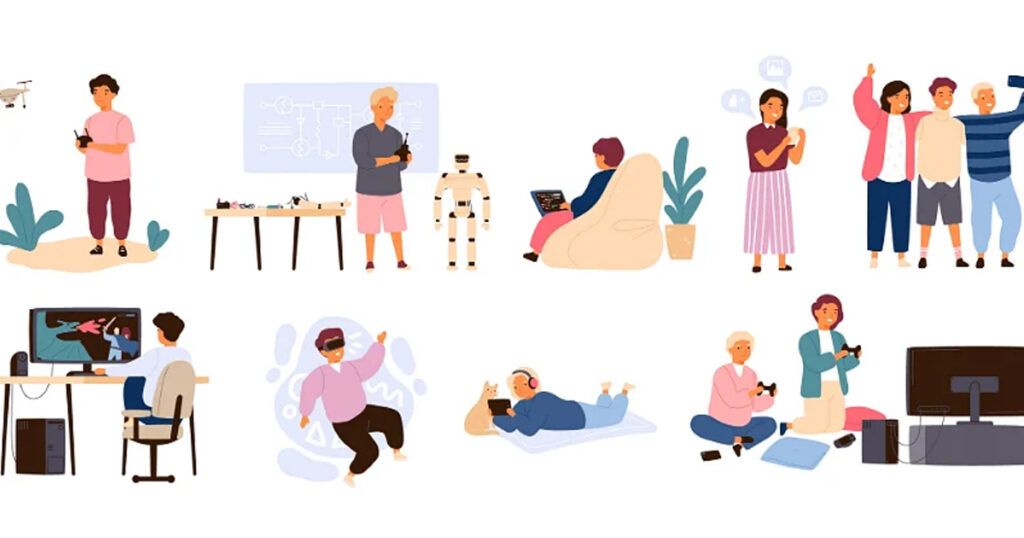
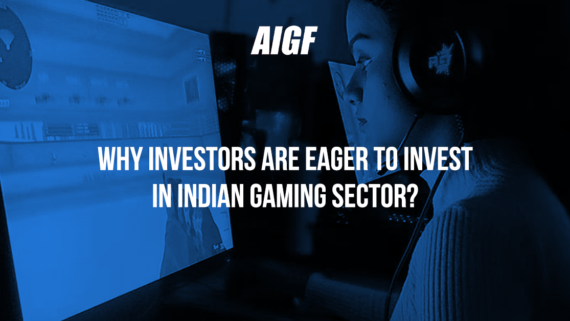
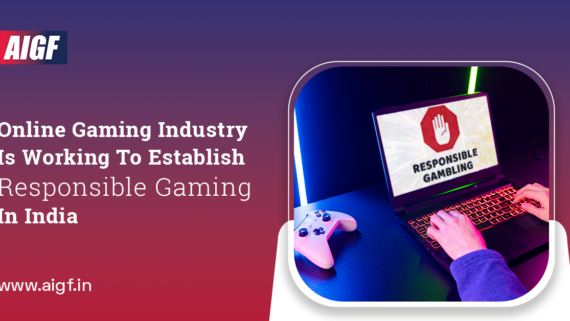
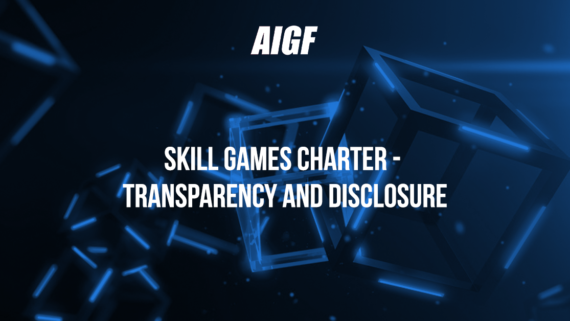


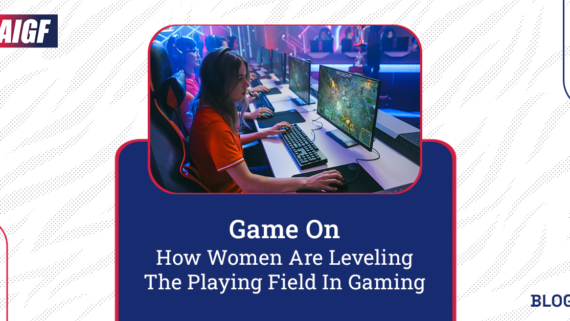
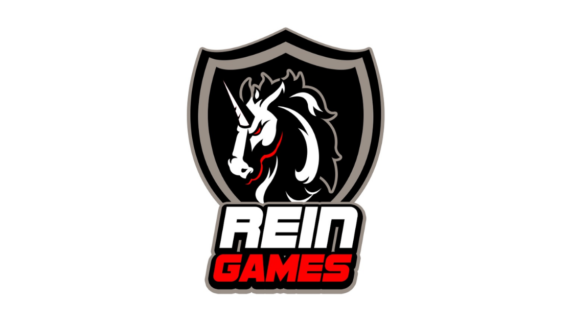

Comments
Comments are closed.